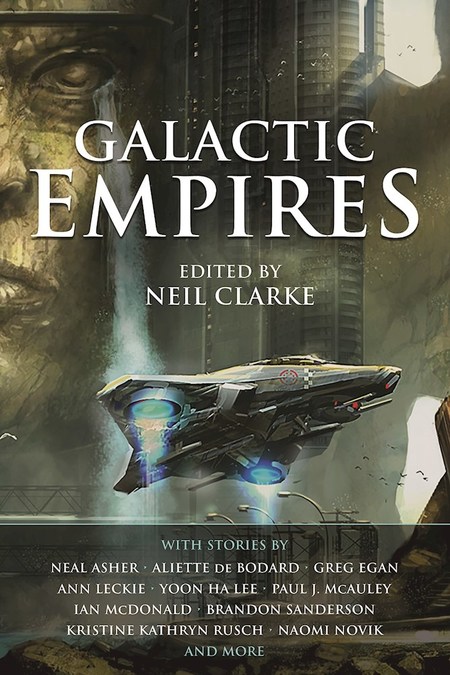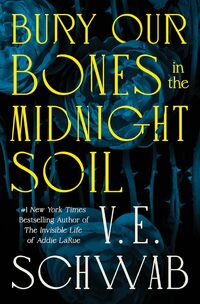

Purchase
Night Shade Books
January 2017
On Sale: January 17, 2017
636 pages
ISBN: 1597808849
EAN: 9781597808842
Kindle: B01LY2LVDZ
Trade Size / e-Book
Add to Wish List
Science Fiction
Neil Clarke, publisher of the award-winning Clarkesworld
magazine, presents a collection of thought-provoking and
galaxy-spanning array of galactic short science fiction. From E. E. "Doc" Smith’s Lensman, to George Lucas’ Star
Wars, the politics and process of Empire have been a
major subject of science fiction’s galaxy-spanning fictions.
The idiom of the Galactic Empire allows science fiction
writers to ask (and answer) questions that are shorn of
contemporary political ideologies and allegiances. This
simple narrative slight of hand allows readers and writers
to see questions and answers from new and different
perspectives. The stories in this book do just that. What social,
political, and economic issues do the organizing structure
of “empire” address? Often the size, shape, and fates of
empires are determined not only by individuals, but by
geography, natural forces, and technology. As the speed of
travel and rates of effective communication increase, so too
does the size and reach of an Imperial bureaucracy.Sic
itur ad astra—“Thus one journeys to the stars.” At the beginning of the twentieth century, writers such as
Kipling and Twain were at the forefront of these kinds of
narrative observations, but as the century drew to a close,
it was writers like Iain M. Banks who helped make science
fiction relevant. That tradition continues today, with
award-winning writers like Ann Leckie, whose 2013 debut
novel Ancillary Justice hinges upon questions of
imperialism and empire. Here then is a diverse collection of stories that asks the
questions that science fiction asks best. Empire: How? Why?
And to what effect? Table of Contents:
- “Winning Peace” by Paul J. McAuley
- “Night’s Slow Poison” by Ann Leckie
- “All the Painted Stars” by Gwendolyn Clare
- “Firstborn” by Brandon Sanderson
- “Riding the Crocodile” by Greg Egan
- “The Lost Princess Man” by John Barnes
- “The Waiting Stars” by Aliette de Bodard
- “Alien Archeology” by Neal Asher
- “The Muse of Empires Lost” by Paul Berger
- “Ghostweight” by Yoon Ha Lee
- “A Cold Heart” by Tobias S. Buckell
- “The Colonel Returns to the Stars” by Robert
Silverberg
- “The Impossibles” by Kristine Kathryn Rusch
- “Utriusque Cosmi” by Robert Charles Wilson
- “Section Seven” by John G. Hemry
- “The Invisible Empire of Ascending Light” by Ken
Scholes
- “The Man with the Golden Balloon” by Robert Reed
- “Looking Through Lace” by Ruth Nestvold
- “A Letter from the Emperor” by Steve Rasnic Tem
- “The Wayfarer’s Advice” by Melinda M. Snodgrass
- “Seven Years from Home” by Naomi Novik
- “Verthandi’s Ring” by Ian McDonald
Comments
No comments posted.
Registered users may leave comments.
Log in or register now!
| 


 © 2003-2025 off-the-edge.net
all rights reserved Privacy Policy
© 2003-2025 off-the-edge.net
all rights reserved Privacy Policy